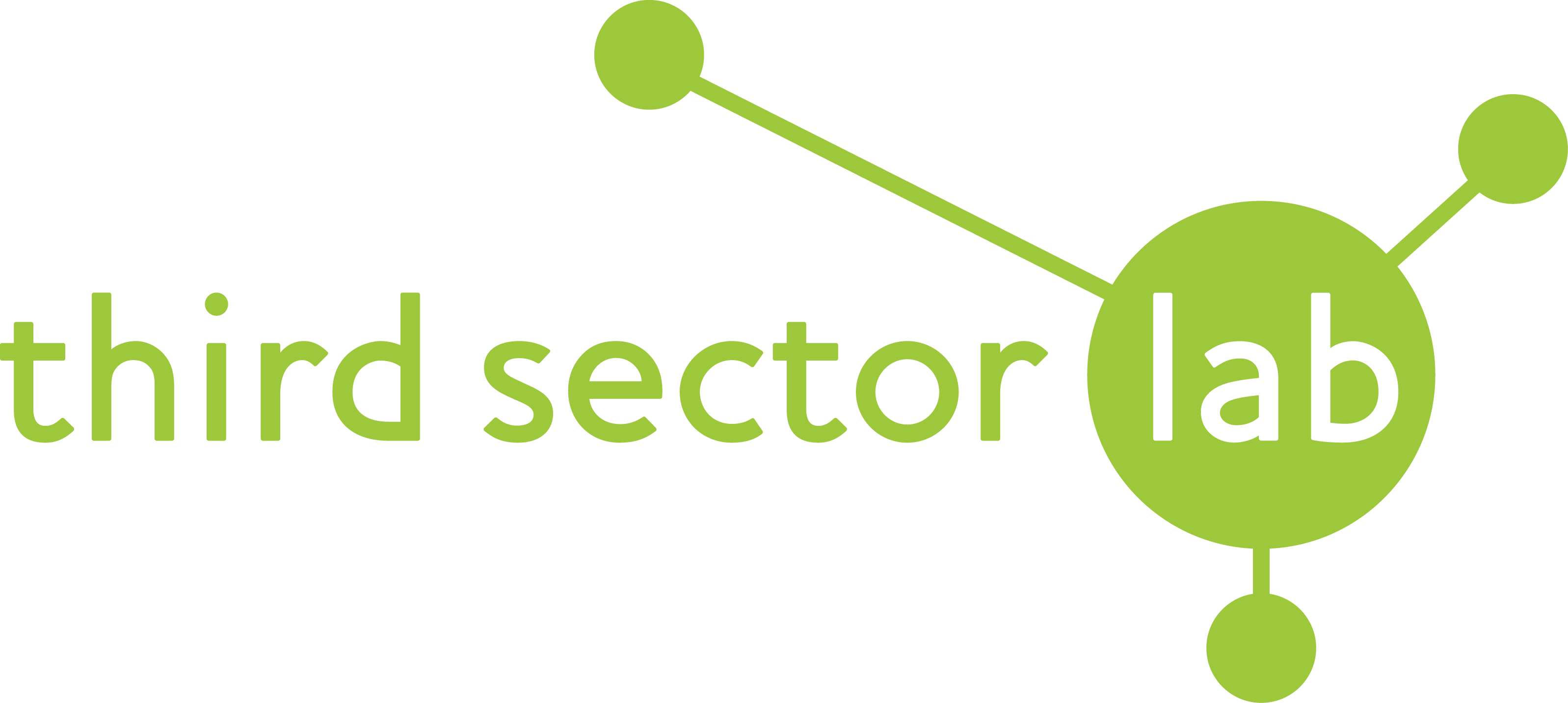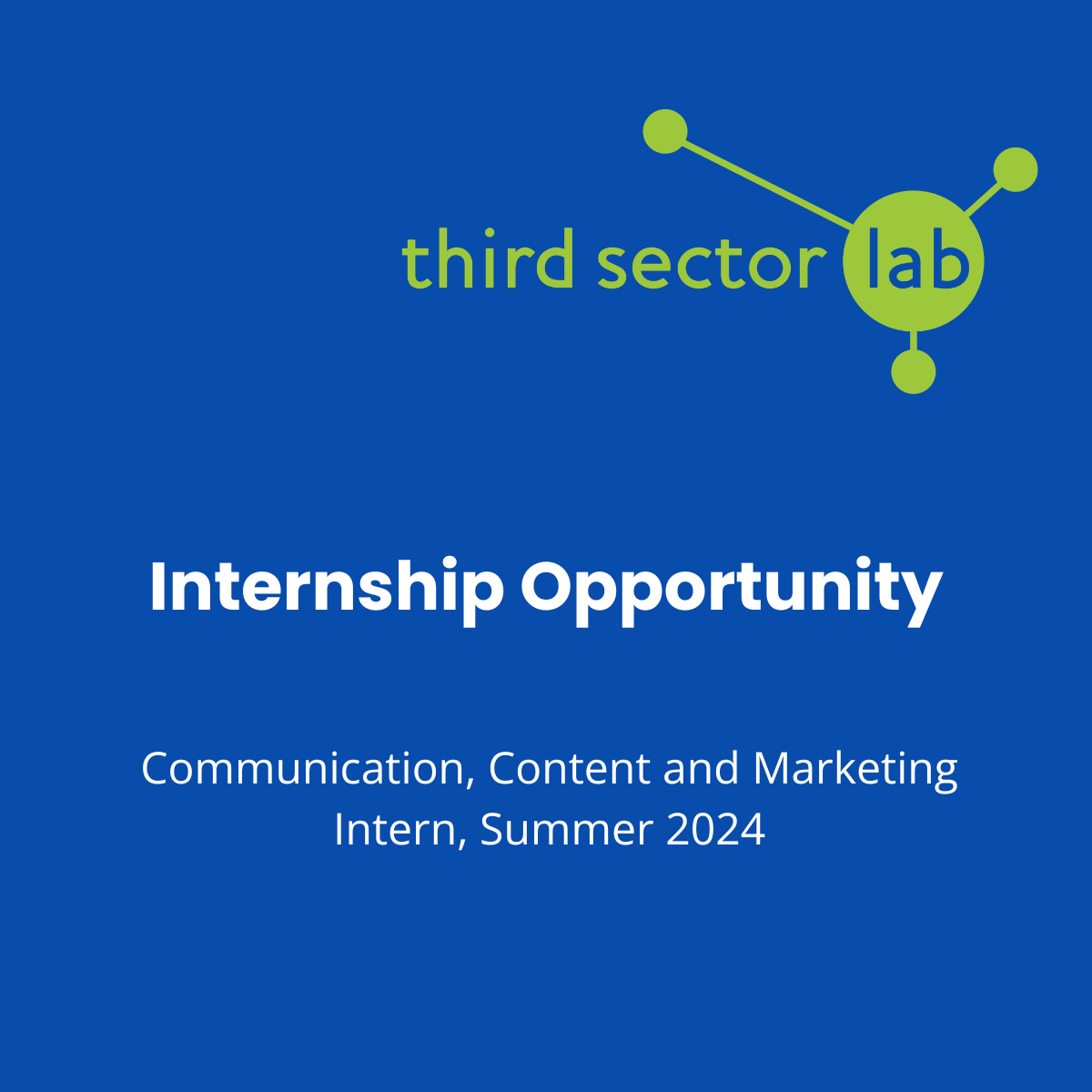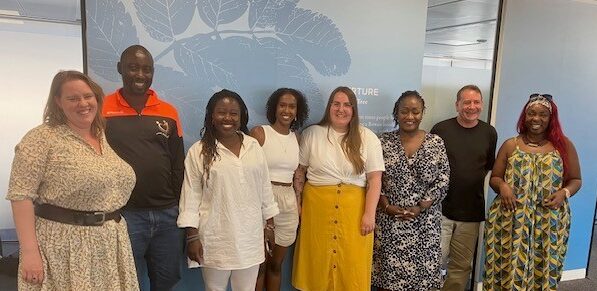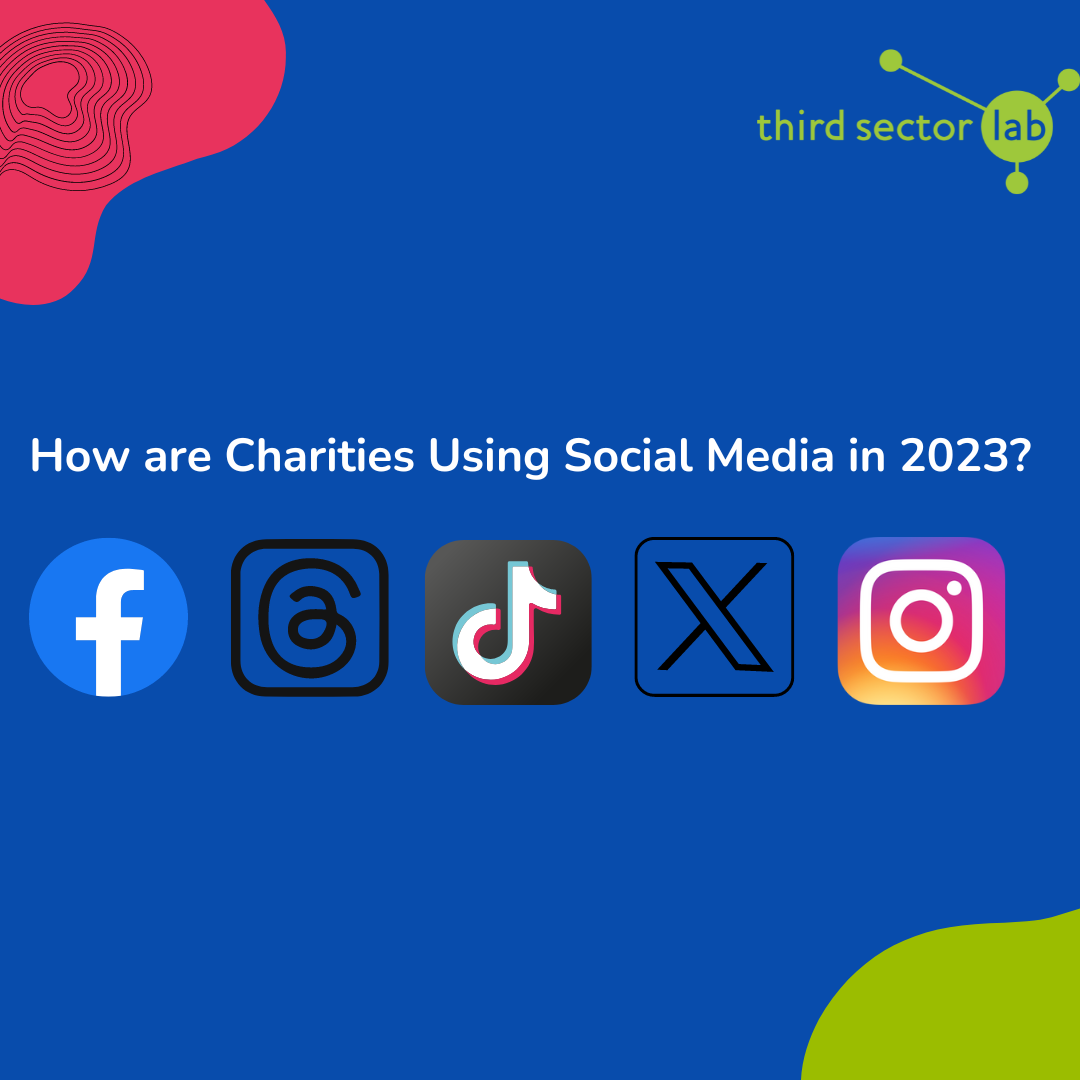Websites Explained: How to Build a House
13 September 2023 | Estimated reading time: 3 minutes
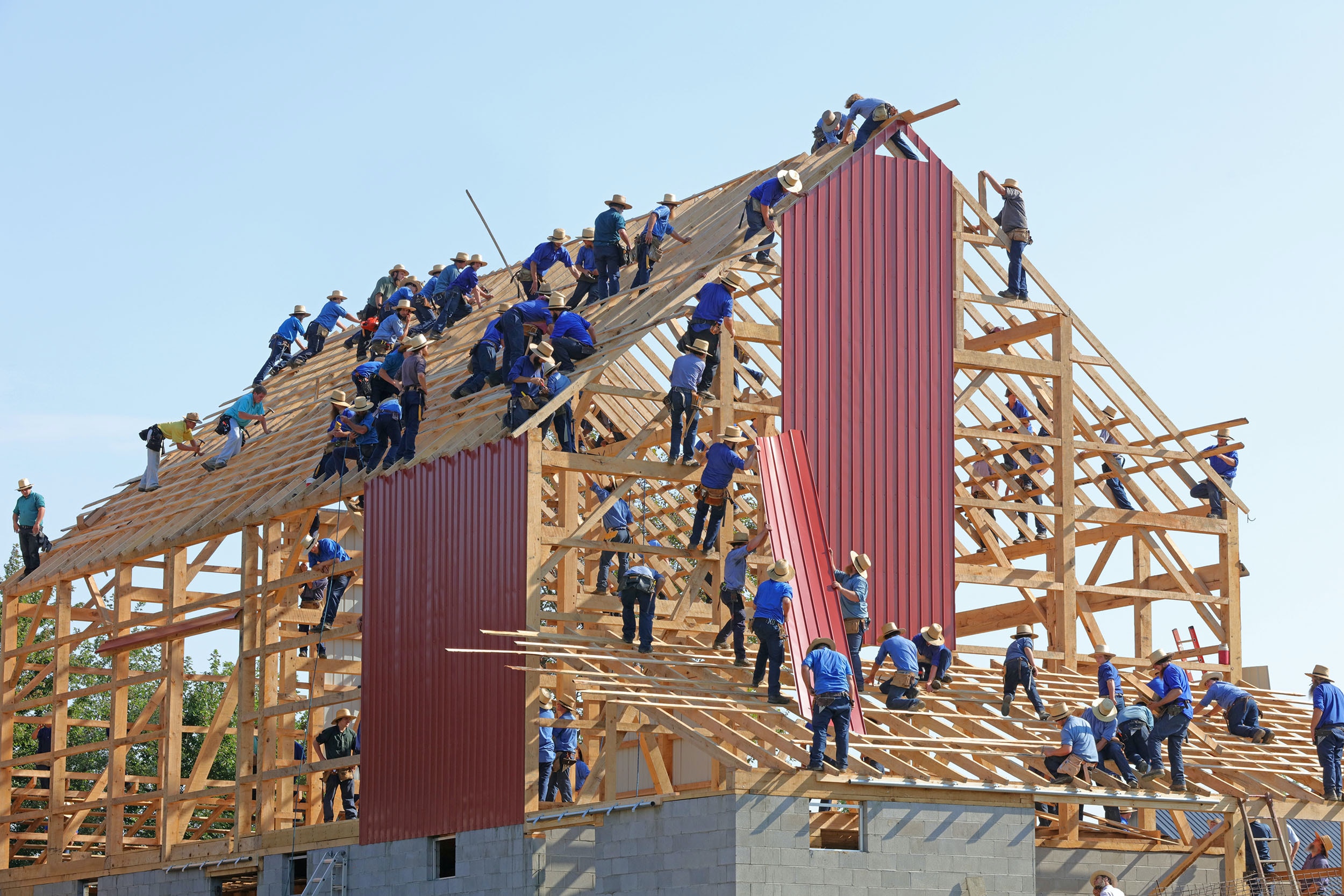
Third Sector Lab has worked with a wide range of organisations to develop their websites. We’re good at this because we don’t overcomplicate things. Web design and development can be confusing, but our web developer Jenn is fantastic at breaking down complex concepts.
Building your house
Imagine that building a website is like building a house – yes, bear with us. Each piece of code makes up your walls, pipes and foundations. A web developer is like the architect and construction worker all in one.
They will design and create a blueprint, which then becomes your website. A website build will provide you with a floor plan, and some labels for what might go in each room. However, the house will be mostly empty, waiting to be filled with your content.
Making your house a home
Content designing is the wallpaper and furniture that you put into the house that make it feel like your own. At this stage, your website (or house), is still very customisable.
You’d like an island in the kitchen? No problem. A content block to break up some heavy text? You’ve got it.
Although designing a home depends on taste, when it comes to websites, there are some basic house rules. Content designers help to make your content as usable and accessible as possible – there’s no use having a very pretty house if your guests can’t navigate their way through it.
So, am I a tenant or do I own my house?
Confusingly, the answer depends. Some agencies maintain intellectual property on their designs so they may own the website – which is why it’s so important to read that tenancy agreement!
At Third Sector Lab, your organisation is the owner of your website, and we host the website for you.
A useful way to think of website hosting is renting the plot of land that your house sits on. So you own the house, but the landlord owns the land. At Third Sector Lab, we like to think of ourselves as good landlords – if anything goes wrong with your house, we’ll be happy to help.
If you don’t have website design and development skills in-house, it’s better to have a landlord than buy your own land. That way, you’ll have support if anything goes wrong.
What if I want to move house?
Next to your house is a sign that has your address on it which helps people to find it. This is your domain name, or URL.
There are two ways that this can go. If you’re moving your site from one hosting platform to another, you can move the entire house from host A to host B. So that people can still find you, what happens is your host will adjust the sign to point people in the right direction.
However, if your house was built ten years ago, you might be looking for a new house completely. The old one was draughty, and the new one has fun features – like solar panels, or accessible user interfaces!
The process for moving is the same if you’re building a brand new website. Once the new site is ready, we can forward all of that traffic to your new address. It’s a lot like having a forwarding address when you move house.
Any more questions?
If your organisation is looking to find out more about the website development process, please email Jennifer@thirdsectorlab.co.uk.
